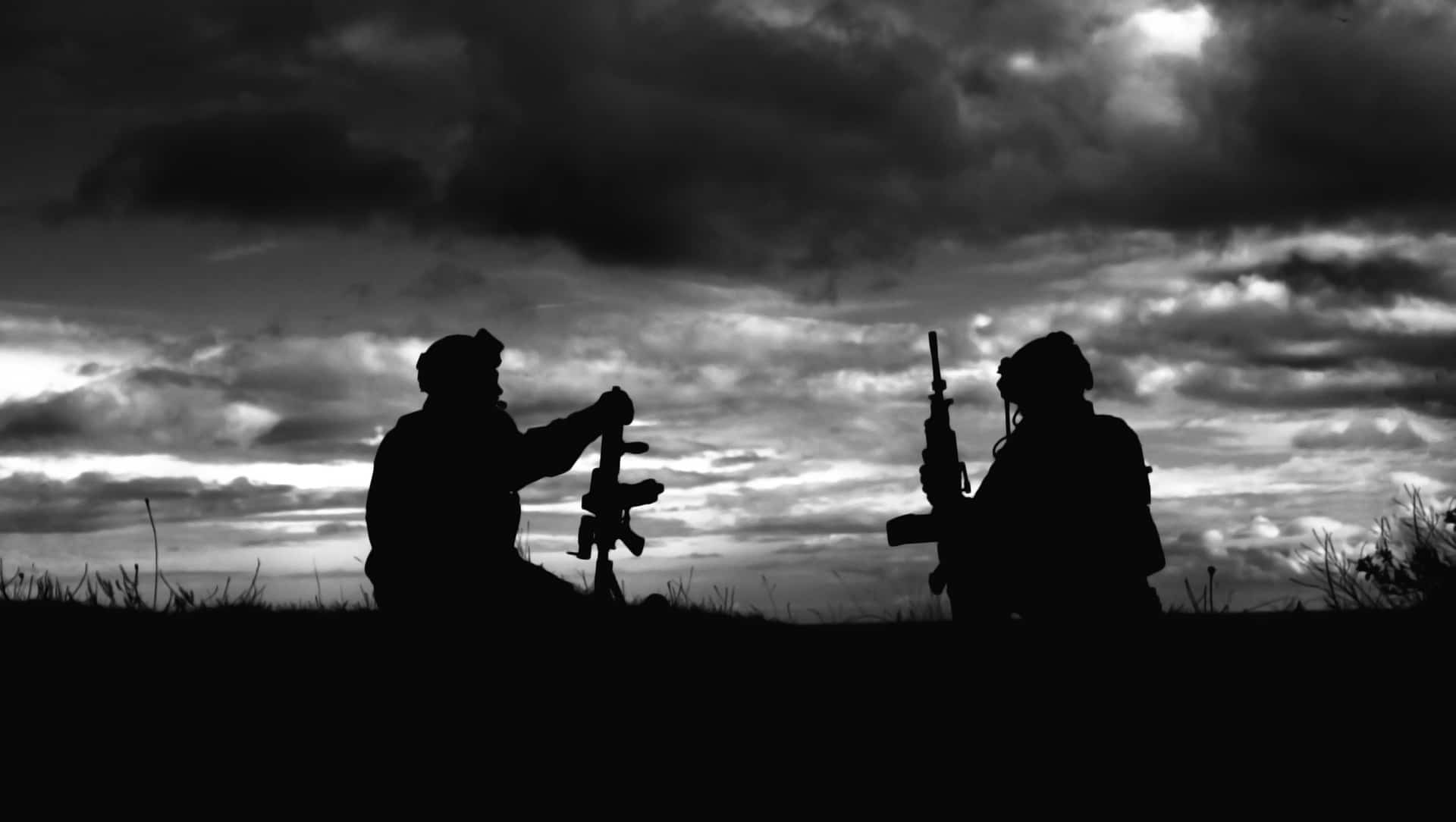James Salter On Writing
Here again. James Salter. In 1939. The war had broken out, and by 1941, we were in at. I ended up at West Point. The old life vanished. The new one had little use for poetry. I did read and as an upperclassman wrote a few short stories. I had seen some in the Academy magazine and felt I could do better. And after the first one, the editor asked for more. When I became an officer, there was at first no time for writing, nor was there the privacy. Beyond that was a greater inhibition. It was alien to the life I’d been commissioned in the Army Air Force and in the early days, with the transport pilot later switching into jets. …
